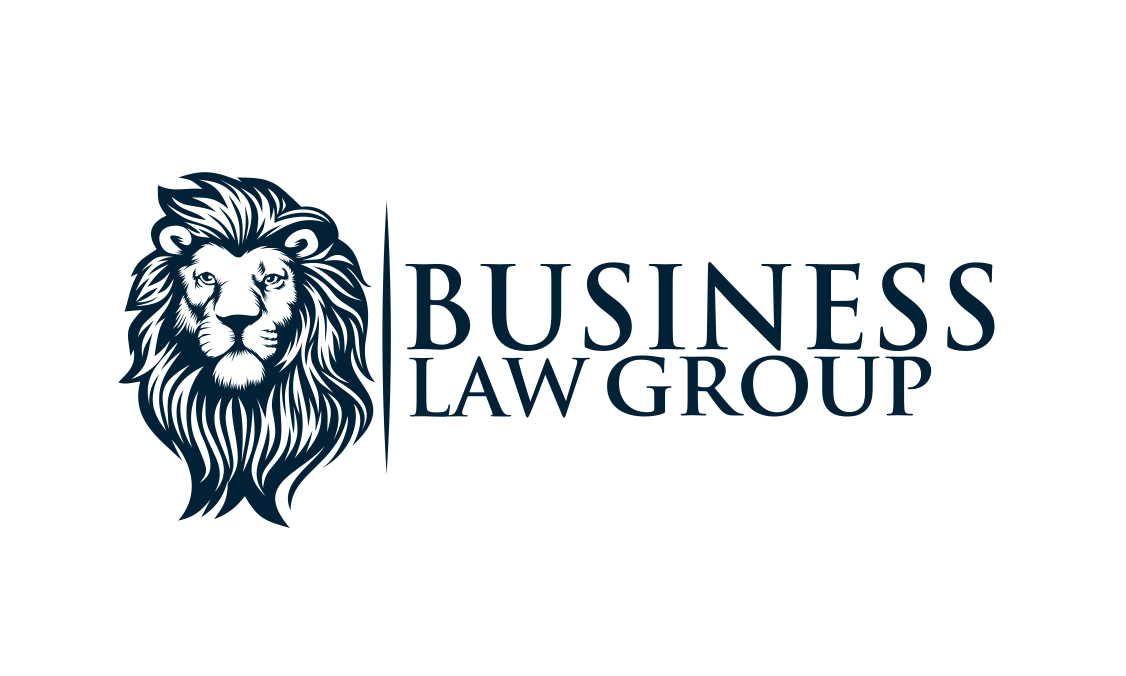
As a business owner, you are responsible for various aspects of your business’ operations. This includes meeting its tax obligations, even if you have an accountant, bookkeeper, tax preparer, or any combination of these professionals helping you. Whether you are dealing with personal or business tax obligations, the basic concepts of tax compliance are largely the same – file and pay your taxes on time. There are different types of tax forms and payments that will be due depending on your specific personal and business requirements. If you have questions about your tax compliance requirements, contact an experienced tax professional for help.
If you have employees, as a business owner you are responsible for handling employee withholdings. This involves holding those withheld funds in trust for each employee, reporting withholdings in a timely and accurate manner, and remitting withholdings to the IRS in a timely and accurate manner. Failure to meet any or all of these obligations will result in the assessment of penalties. Certain penalties are subject to assessment against business owners, and any other person determined to be responsible by the IRS. These penalties are known as the Trust Fund Recovery Penalties.
Hearing about Trust Fund Recovery Penalties can be confusing and concerning, but there are options to deal with them on behalf of your business, and you as the business owner.
What are Trust Fund Recovery Penalties and why do they exist? Great question, let’s take a closer look.
Trust Fund Recovery Penalties are a mechanism used by the IRS to ensure that employers properly handle and remit employee withholdings. These withholdings are known as trust fund taxes and the IRS requires that employers hold these funds in trust for the United States government. Funds held in trust are required to be held on behalf of and remitted to the intended recipient, and legally cannot be used for other purposes or paid to another recipient. If trust fund taxes are not handled in accordance with the applicable tax laws, the IRS may assess Trust Fund Recovery Penalties against the business owner and any other individual they determine to be responsible.
The Commissioner of the IRS has the power to impose Trust Fund Recovery Penalties against any person who has a duty to collect, account for, and pay over trust fund taxes, and willfully fails to do so. An example of a person who may fall in this category is typically an officer or employee who has a duty to manage the employer’s trust fund tax withholdings and remittance of these withheld funds.
The amount of the penalty, if assessed, can be equal to 100% the total amount of tax. This can include but may not be limited to the amount of tax evaded, the amount of tax not collected, or the amount of tax not accounted for and paid over. Trust Fund Recovery Penalties are assessed and collected in the same manner as tax balances. There are required notices that must be issued, and legal procedures that must be followed to collect any amount of tax and penalties due.
Despite how scary and intimidating Trust Fund Recovery Penalties may sound, there is no reason to panic. Be proactive. Make sure you have systems in place to properly handle trust fund taxes. Do not use these funds for other business purposes for any reason.
Dealing with the IRS and tax problems can be incredibly stressful. Understanding the rules and proper procedures can make the process smoother and increase the likelihood of success.
If you do find that you and your business have tax problems, it is important to read the notices carefully, know your rights, and understand the options available for handling the problems. There are options available to help you handle these tax problems and you do not have to deal with them on your own.
For help navigating your tax problems and negotiating a resolution, contact the experienced tax team at the Business Law Group. Our team is ready to help you by taking the burden of dealing with the IRS and helping you navigate your tax problem to find a resolution tailored to your situation. Call us at (719) 355-8840 or email info@businesslawgroup.us to get started today.


